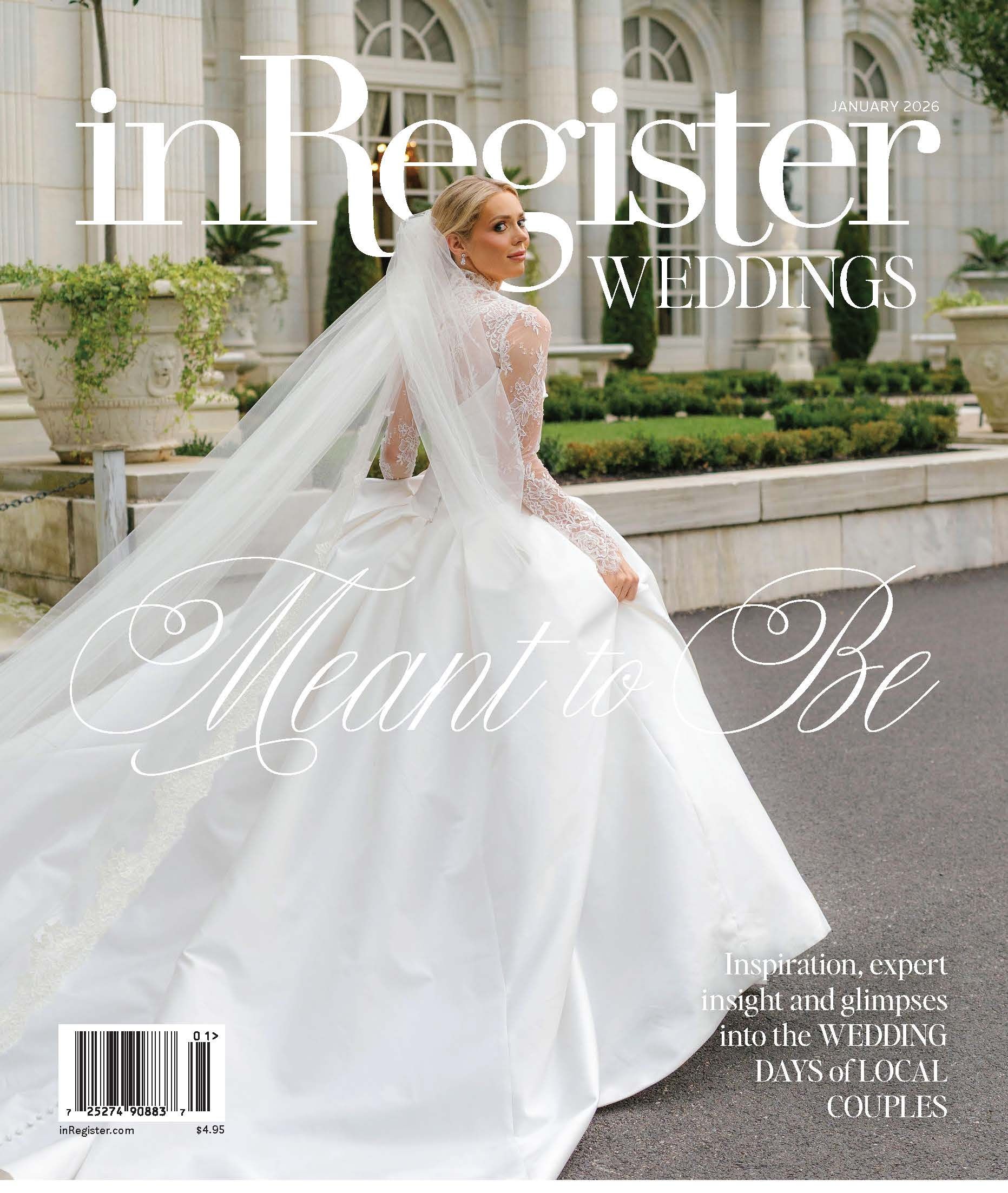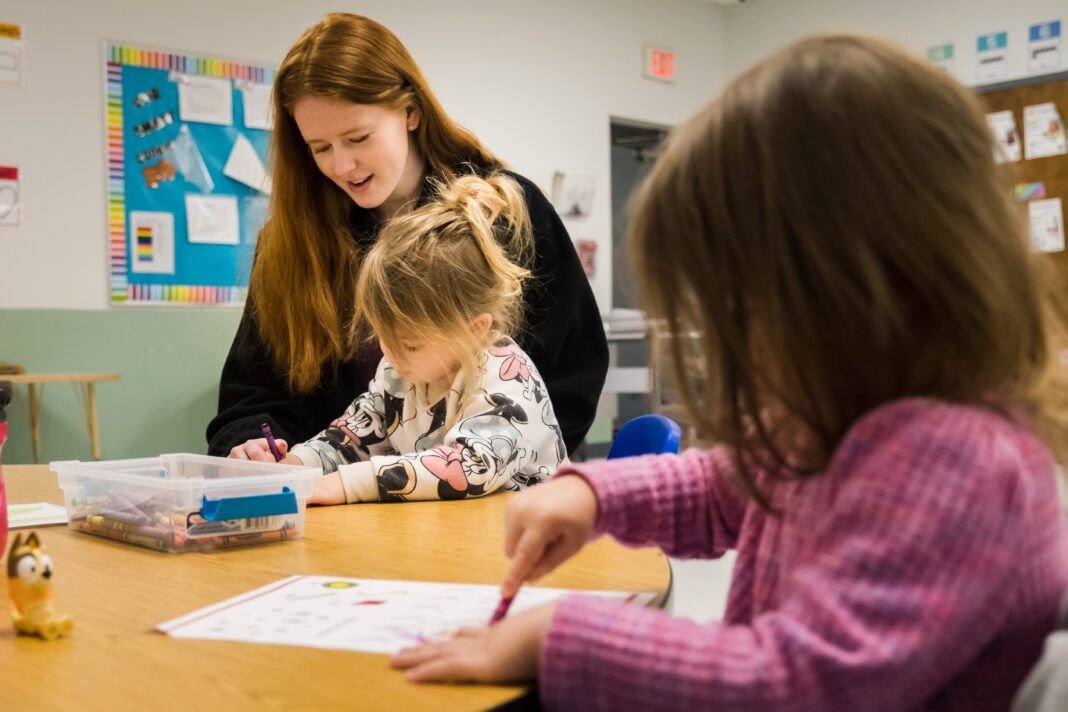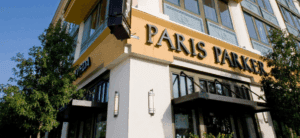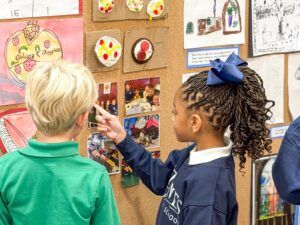BIG’s Peer Model Program provides an extraordinary learning environment for children with autism
Sponsored by Behavioral Intervention Group (BIG)
For a child with an autism diagnosis, specialized learning environments can have an unimaginable positive impact on social, academic and personal development. It starts with the relationship between the teacher and the child, but it can be greatly enhanced by peer learning and imitation. It’s a “learning by doing” dynamic that can help cultivate comfort, familiarity and good behavior. A typically developing student helping to aid in the assimilation and success of a child with autism—that’s an invaluable model that can benefit countless children and families.
At Behavioral Integration Group (BIG), we believe that every child should have the opportunity to engage in peer-to-peer learning. Our unique Peer Model Program allows students to serve as role models for children with special needs. This inclusive program provides a stimulating and challenging environment that accommodates a wide range of learning abilities—among our students with autism and their developing cohorts. The program is overseen by a behavioral analyst, and the classrooms are led by registered line therapists who have pre-k teaching experience.
Peer models are typically developing children between the ages of 2 years and 5 years who learn alongside students diagnosed with autism or other behavioral or developmental disorders. Since children learn not only from adults, but also from watching and interacting with each other, BIG’s Peer Models exemplify appropriate social, communication, play, speech, language, motor and classroom readiness skills for children enrolled in our program. But their most vital role in every classroom is to simply be kids. Having them move through the day as a typical developing child can have a strong indirect effect on children with autism just by observation.
Best of all, the benefits extend beyond just our children with an autism diagnosis. BIG’s Peer Models are exposed to a positive and supportive environment that promotes self-confidence, empathy and appreciation for diversity among people—an experience that will stick with them for life.
Peer Models also benefit from reduced tuition, a low student to teacher ratio and a data-driven curriculum to have them entering kindergarten ahead of the game. Many parents get the convenience of having both their child on the autism spectrum and their typically developing child at the same learning center.
“My daughters had the amazing opportunity to be peer models at BIG,” says the parent of two Peer Models. “Not only did my girls form sweet friendships, but they were more than prepared when it was time to transition to kindergarten. Plus, the teachers were always so cheerful and positive. This was a priceless experience for which I am grateful.”
If you have a child with autism, or a child who could benefit from serving as a BIG Peer Model, we’d love to hear from you. Space is limited, but applications are being accepted for students and peers. Give us a call at (225) 757-8002 or visit big-br.com to learn more.











